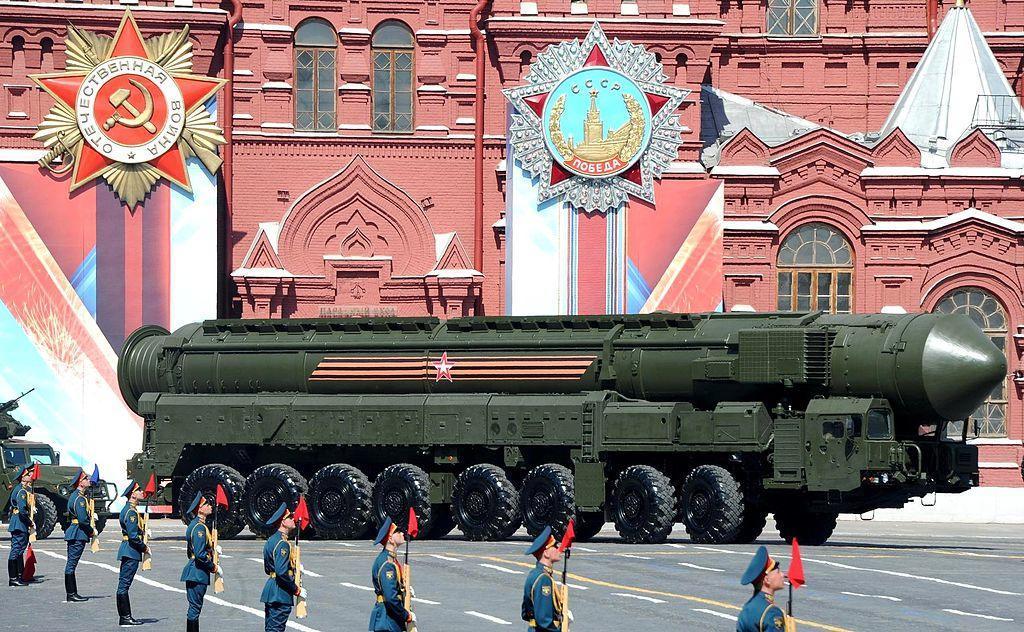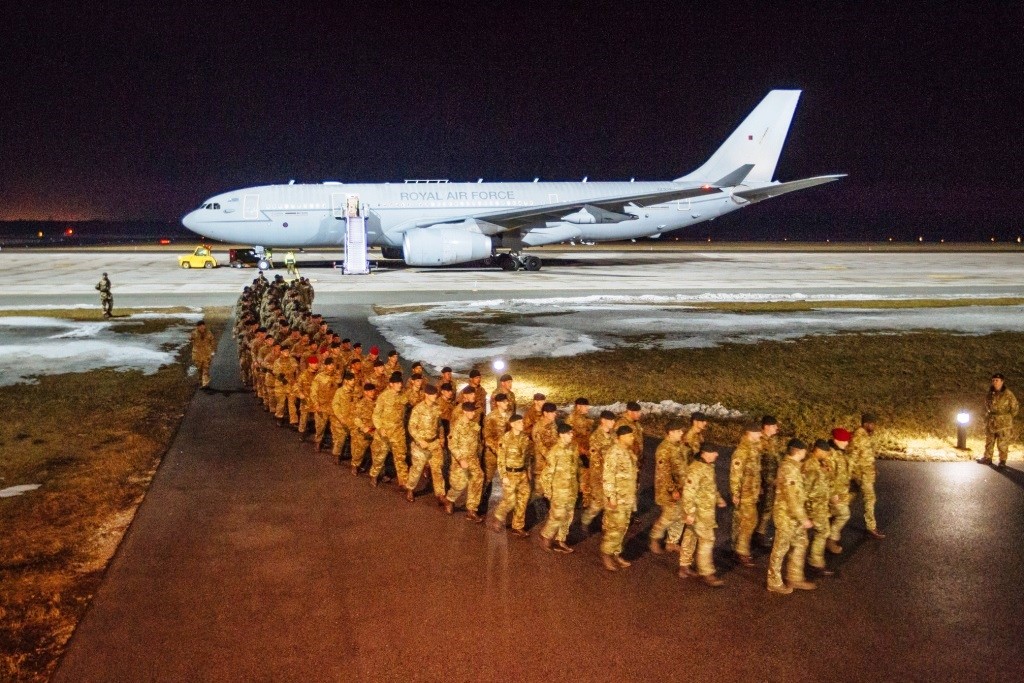Estonian colonel Riho Ühtegi recently told a Western outlet that Russian invaders may get to the Estonian capital in two days, but “they will die in Tallinn”; however, Russian analysts have dismissed Ühtegi’s claims.
Colonel Riho Ühtegi, the commander of Estonia’s special forces, told a Western outlet that any Russian invasion of Estonia might reach Tallinn in two days, but that it would “die” in the Tallinn, because Estonian special forces and the united Estonian people would cut its supply lines and make a further advance impossible.
He told Politico’s Molly K. McKew that Estonians are constantly talking about what a Russian invasion would be like. People say, “yeah, the Russians can get to Tallinn in two days … Maybe” as it is only 125 miles from the Russian border. “But they can’t get all of Estonia in two days.”
Russian invaders “will die in Tallinn”
Russian invaders may get to the Estonian capital in two days, he acknowledges. “But they will die in Tallinn. And they know this” because the entire Estonian people will rise against them, destroying their lines of communication and supply and forcing the Russian forces first to stop and then retreat.
Ühtegi sees the Georgian case in 2008 as instructive. “You know why the Russians didn’t take Tbilisi in 2008? They were just up the road, 50 kilometres of so, and nothing was stopping them.” But they stopped because the “Georgians are crazy and they would fight. The idea of this unwinnable asymmetric fight in Tbilisi was not so appealing to the Russians.”
Estonia’s defensive doctrine rests on General Order number 1 that Aleksandr Einseln, the Estonian-American who served in the US military before returning to his homeland in the 1990s to take command of the Estonian Defence Forces. That order specifies that in the event of an invasion, the country’s military is to resist the invader without waiting for orders.
More than that, Estonian citizens, both those organised in the Kaitseliit as well as ordinary Estonians, are to fight as well. They will focus on defending their local communities against both hybrid and direct threats. Such defence, Ühtegi says, “is very local … This village. This town. This bridge. This river. This piece of land. It’s theirs to defend.”
But in defending these parts, they defend the whole and would make it impossible for Russia to sustain any invasion – by raising the price for Moscow to a point that Russian leaders would find unsustainable. “I don’t know what it would be like if the Russians really start to fight … Just that every Estonian will fight” back.
Russian experts: Tallinn “would be seized not in two days but in one”
Not surprisingly, Russian officials are having none of this. Vladimir Shamanov, the head of the Duma defence committee, for example, calls Ühtegi’s remarks “the words of a mad man” and says his place should not be “in the armed forces or some other structure but in a mental hospital”.
Konstantin Sivkov, the vice president of the Russian Academy of Rocket and Artillery Science, says that “the very idea of ‘the seizure of Estonia by Russia’ is a fantasy”. Any military conflict with NATO would “instantly” escalate into a nuclear war “in the course of which Estonia would simply disappear”.
If by some miracle the conflict didn’t go nuclear, Sivkov continues, Russian forces are sufficient to achieve its primary goal: creating a land corridor to the exclave of Kaliningrad. If these forces were directed to take Tallinn as part of that, the Estonian capital “would be seized not in two days but in one. Estonia doesn’t have any army to speak of.”
The Estonian military numbers 6,400 effectives in the regular forces, he says. In addition, there are 15,800 members of the regional defence forces or Kaitseliit. Ühtegi’s suggestion that they and the population could cut Russian supply lines in the event of an invasion is simply “unserious”.
The only real obstacle to a potential Russian advance, the Moscow analyst says, is the presence of NATO forces. Without them, a single Russian division would be sufficient to occupy Estonia; with them, a far larger force would be required. And it would need “two weeks or more” to complete the job.
The hints about Russian response
Yury Melkonov of Latvia’s military historical journal, Baltfort, agrees, arguing that Russia could use its superiority in the air and on the sea to ensure that it could continue any advance its forces were ordered to make. Tallinn could be taken but it is not the primary target for Russia which would be concerned about security ports and coastline.
Ühtegi’s declaration, he argues, is “the ordinary rhetoric of military personnel”, adding that any Estonian officer who makes such claims does himself and his country no honour. Russia isn’t planning to invade Estonia, and Estonians and their friends should know that. Russians will come as visitors, not invaders, he says.
As for the timing of Ühtegi’s remarks, Konstantin Zatulin of the Duma’s CIS committee suggests this is all about sending a message to the Trump-Putin summit that took place in Helsinki, 80 kilometres (50 miles) from the Estonian capital, and that nothing more should be read into the declaration.
Three things are interesting about the Russian response. First, it verges on the hysterical. Second, it shows that Moscow has enormous confidence that NATO will defend Estonia and other member states. And third, it shows that despite that confidence, the Russian military has developed plans for seizing Estonia if so ordered.
I
This article is a lightly edited version of the article originally published by Paul Goble on his Window on Eurasia blog. Cover: A military parade at the Moscow’s Red Square (the image is illustrative/Wikimedia Commons).




